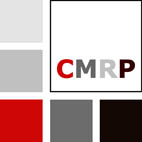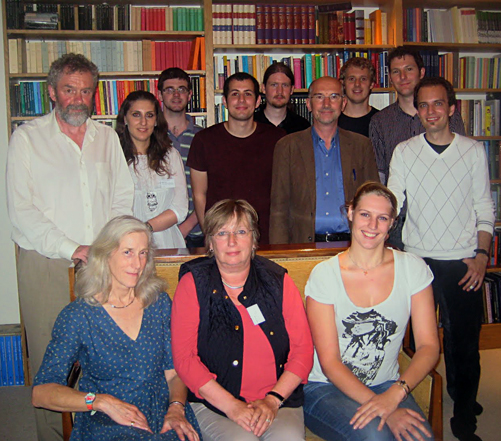 |
CulturalMemoryandtheResourcesofthepast
project |
|
|
|
The Early Middle Ages are the first period of history from which many thousand original manuscripts survive. Ancient literature and scholarship, the Bible and patristic writing have come to us through this filter. This rich material has mainly been used to edit texts as witnesses of the period in which they were written. But it also constitutes a fascinating resource to study the process of transmission and transformation of texts and other cultural contexts. It can shed new light on the codification and modification of the cultural heritage and its political uses, and constitutes an exemplary case study for cultural dynamics in general. Just as the Carolingian period (8th/9th century AD) has filtered and reshaped the past according to its concerns, so the Modern Age has used and sometimes misused its ancient and medieval heritage. The project consists of four interrelated studies: • Learning Empire – Creating Cultural Resources for Carolingian Rulership concentrates on the role of the popes as cultural brokers in the 8th century (Vienna)• Biblical Past as an Imagined Community deals with learning in 8th century Bavaria and with the meaning of ‘populus’ in early medieval texts (Utrecht) • Otherness in the Frankish and Ottonian Worlds which explores changes in attitudes towards aliens (Leeds) • Migration of Roman and Byzantine Cultural Traditions to the Carolingian World, exemplified by the reception of the Historia Tripartita and by Freculf’s Chronicle (Cambridge) The project thus combines two elements: on the one hand, the careful analysis of the transmission of texts and manuscripts; on the other, the problem of identity formation, including perceptions of difference on the part of specific social, political and religious communities. It regards written texts as traces of social practice and its changes. By studying their potential as resources for repeated scenarios of identification or Othering, this project proposes an exemplary study of the distant past also intended to shed light on the present. CMRP-Team:
from left to right: Sitting: Rosamond McKitterick, Mayke de Jong and Desirée Scholten. Standing: Ian Wood, Giorgia Vocino, Graeme Ward, Tim Barnwell, Richard Broome, Walter Pohl, Robert Flierman, Sven Meeder and Clemens Gantner
|

